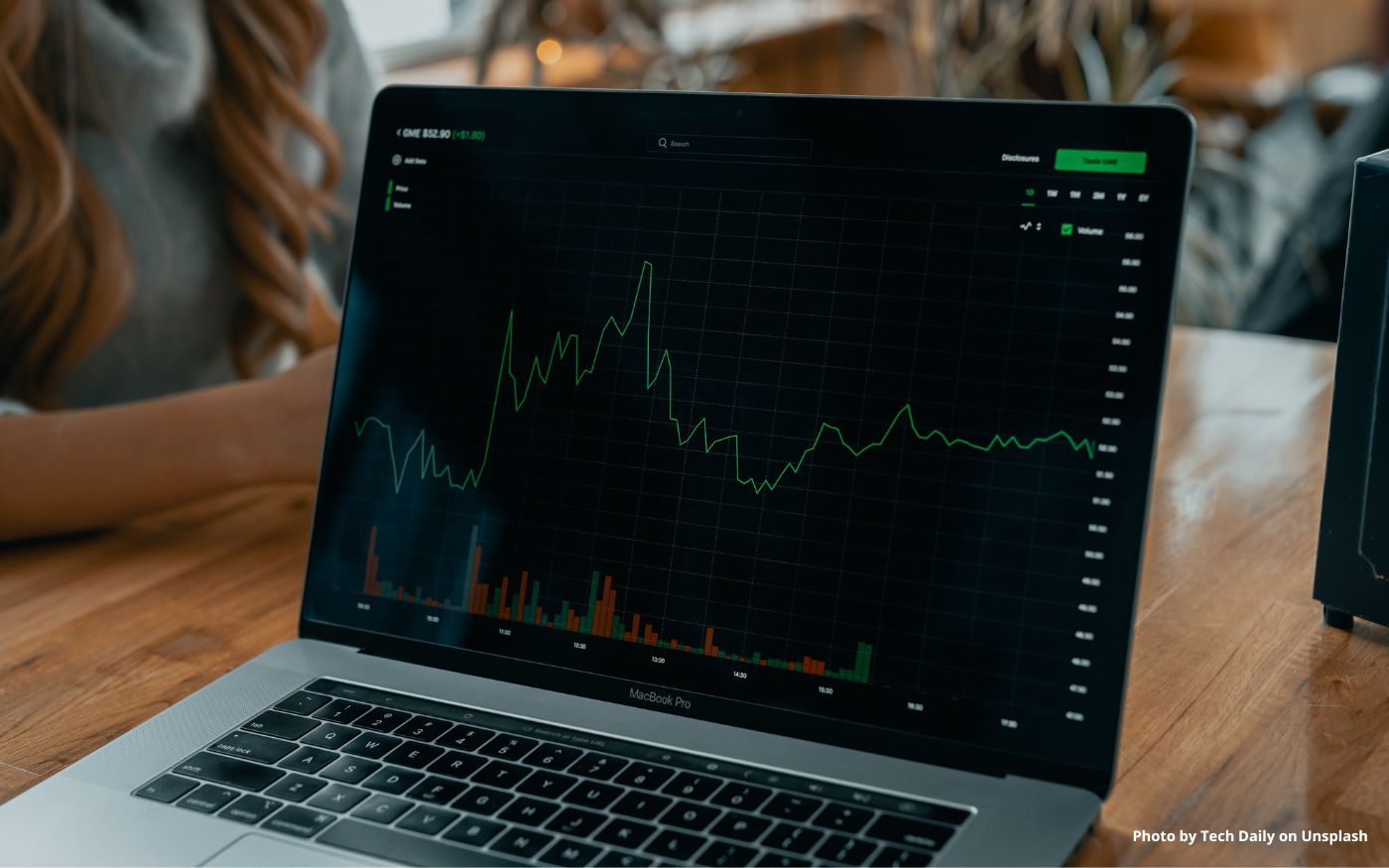Research by: Ammielou Gaduena, Christopher Ed Caboverde, John Paul Flaminiano, & Regina Yvette Romero (Rizalino S. Navarro Policy Center for Competitiveness economists)
Abstract
Purpose
This paper aims to explore empirically the interactions between the coronavirus disease 2019 (COVID-19) pandemic, economic mobility and containment policy to test the effectiveness of mobility restrictions in controlling the spread of the disease.
Design/methodology/approach
This study used weekly regional data for the 17 Philippine regions and estimated the effect of shocks using a panel vector autoregression (VAR) model.
Findings
The authors conclude that COVID-19 deaths and incidence primarily respond to shocks that affect the lethality and transmissibility of the disease, and mobility restrictions and strict quarantine levels do not seem to have any impact on these outcomes. The movement of people during this pandemic period, on the other hand, seems to respond more to economic factors and government restrictions and less to the presence of and the characteristics of the disease.
Originality/value
Since the pandemic is a public bad, community cooperation is a must to address it. Clear government messaging that dispels doubts on the safety of the newly developed vaccines and that encourages public acceptance and trust might be a better nudge compared to a heavy-handed and threatening approach.
Keywords: COVID-19, mobility restrictions, google mobility data, Philippines, E60, E65
To cite this article: Gaduena, A., Caboverde, C.E., Flaminiano, J.P., & Romero, R.Y. (2022). Decomposing the role of mobility restrictions in controlling COVID-19 outcomes: A regional level study of the Philippines. International Journal of Health Governance. https://doi.org/10.1108/IJHG-03-2022-0038
To access this article: https://doi.org/10.1108/IJHG-03-2022-0038
About the journal
International Journal of Health Governance (IJHG) is oriented to serve those at the policy and governance levels within government, healthcare systems or healthcare organizations. It bridges the academic, public and private sectors, presenting case studies, research papers, reviews and viewpoints from all manor of healthcare settings to provide an understanding of health governance that is both practical and actionable for practitioners, managers and policy makers.
Journal ranking
| Chartered Association of Business Schools
Academic Journal Guide 2021 |
ABS1 |
| Scimago Journal & Country Rank | SJR h-index: 24 |
| SJR 2021: 0.25 | |
| Scopus | CiteScore 2021: 1.9 |
| Journal Citation Reports (Clarivate) | JCI 2021: 0.34 |





